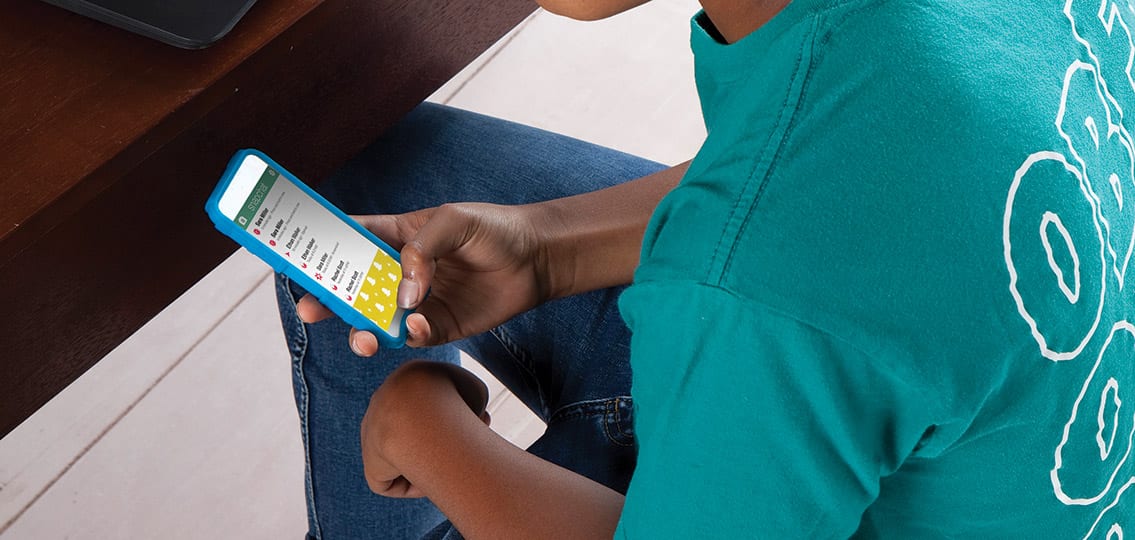I smiled when I saw a photo of my daughter pop up on her Instagram account last week. She was playing her flute during high school band class. Then I was a bit confused. The picture was posted during school hours, and I knew her school’s wireless network blocked social media access.
“Oh, no big deal. I just used my VPN to get around the school’s control,” was her nonchalant response later that night.
Teens Using Virtual Private Networks
A few questions later, and I had the gist of what was going on. She had downloaded a free application on her phone for a Virtual Private Network (VPN), which is a secure connection that people often use to keep online transactions, such as banking transfers, secure from cybercriminals. The VPN lets her secretly use the school’s wireless network to connect to Instagram. That’s because the VPN’s encrypted connection makes it look like she is connected directly to the social media site, thereby bypassing the school’s controls on Wi-Fi use. And of course, she said that “EVERYONE” knows how to use VPN at school.
I quickly learned that my kids and their friends were not alone in using VPNs. Denise DeRosa, cyber safety expert and founder of the website Cyber Sensible, said that many teens are using VPNs to get around school filters and parental controls. This allows them to download content without their parents’ knowledge or to access social media or games that their school may block.
Teens also use VPNs to surf the web anonymously, says DeRosa. That’s because their internet browsing history is not tracked on monitoring devices, which are meant to report what websites they visit or how long they play an online game.
Teens Get Around Parental Controls
I quickly realized that with a simple free app, my teens could access any site at any time, including pornography. And if they deleted their history, which even a rookie would probably do, then I was none the wiser.
After some research, I learned that one way I could make it harder for my teens to use VPNs was to use parental controls to restrict them from downloading new apps on their phones without my permission. But I decided that since my kids were older teens, I would give them the benefit of the doubt.
Laura Tierney, social media expert and founder of The Social Institute, recommends a bigger-picture approach to the issue. She said that teens using VPNs to get around monitoring devices is just another example of how they will always be one step ahead of us when it comes to technology and social media use.
“Trying to keep up is like playing a game of whack-a-mole,” says Tierney. “The latest monitoring tool may work for a while, but then a new challenge will inevitably pop up.”
Have a Conversation
While monitoring tools can be helpful, she says that they should not replace short, informal conversations around common social media scenarios. She calls these conversations “huddles.”
“Whenever you huddle, keep your cool and don’t overreact,” says Tierney. “Ask questions and try to understand where they’re coming from.”
“When you proactively huddle with your child, you build trust and equip your child with a foundation to make thoughtful, real-time decisions in the future. That’s the ultimate win-win.”
This advice resonated with me. Instead of demanding that my daughter remove the VPN from her phone, I decided that the next day, on the way home from school, I would talk with her about internet safety. I want her to understand the reasons why the school blocks social media, as well as why I want to keep her and her brother from visiting certain websites.
Most of all, I hope that these conversations will equip her to make the right choices now—and in two years, when she’ll be on her own at college.



